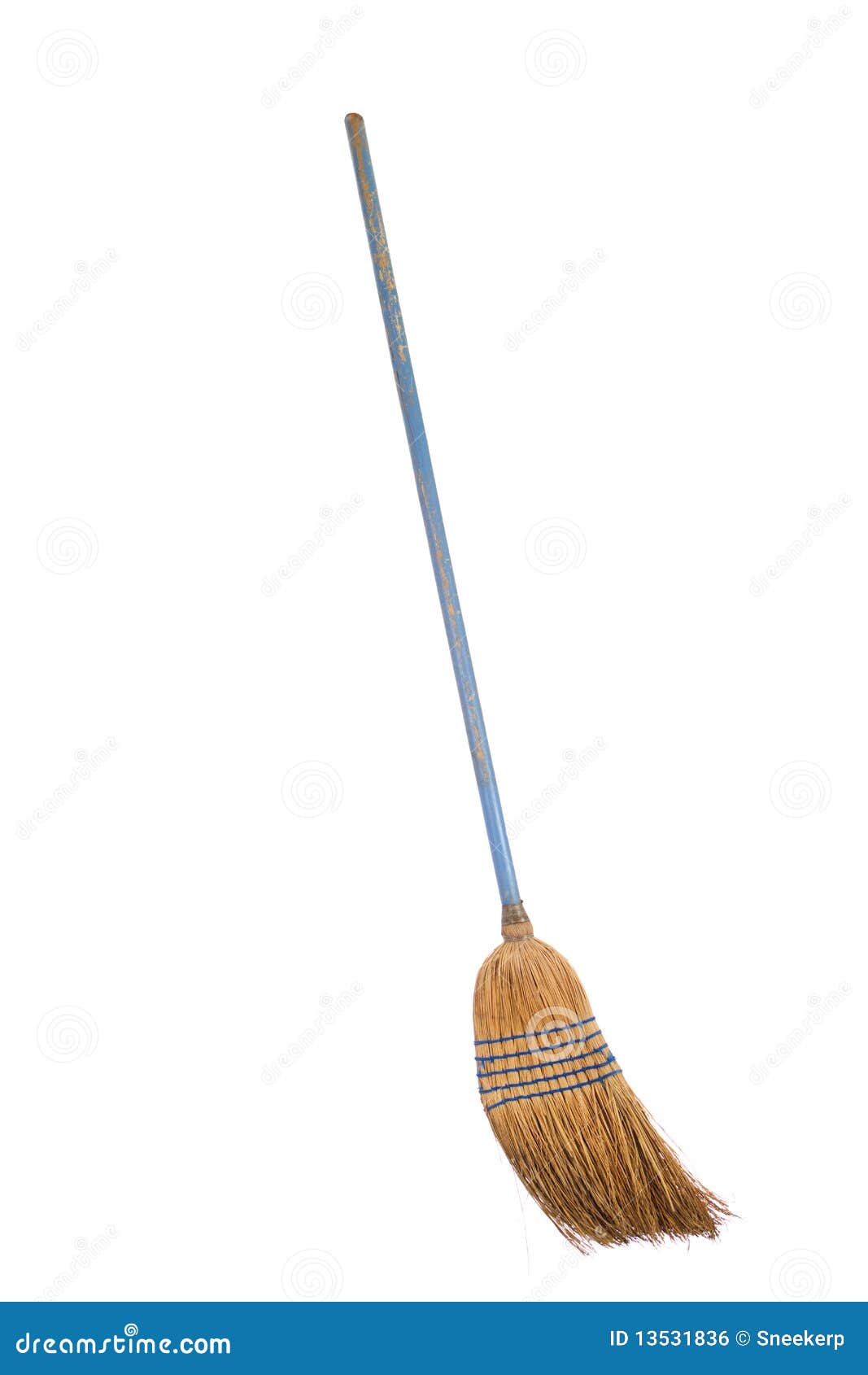


Children’s Books can be used at day care centers, after-school programs, and hospitals.Reuse books by considering the following options:

Reduce the number of books you collect in the future by investing in an e-reader and/or checking out books from the library. If you do choose to dispose of the small appliance in the trash, first remove any batteries that are present and place the appliance inside your trash disposal bin. Small appliances are those that fit inside your trash disposal bin. If new or gently used, consider donating it to charity.In addition, several nonprofit building supply stores accept donations of new and/or gently used appliances. Large, metal appliances are accepted at the White Goods/Metal Recycling Area of the I-66 Transfer Station and I-95 Landfill Complex.Small children often play inside used appliances and may get trapped. Important: Remove all doors from large appliances before setting at the curb.If you have county trash and recycling service, call 70, TTY 711 or schedule the collection online. If a private company collects your trash and recyclables, contact them to arrange for a special collection.Do not include: gas tanks, propane or refrigerant tanks. Avoid damaging tubing and releasing refrigerant into the air. Handle refrigerators, stoves, washers, dryers and air conditioners carefully.Household Hazardous Waste accepted at the I-66 Transfer Station and I-95 Landfill Complex. Learn more about Household Hazardous Waste. Some examples of compressed gas containers include aerosol spray cans, cartridges (CO2, NO2, Oxygen, Helium) used in dispensers (e.g., helium, whipped cream, soda), fire extinguishers, helium tanks, inhalers, and small propane tanks like those used on gas grills. HHW staff will ensure that containers meet all applicable requirements for proper disposal. Compressed gas containers are regulated as hazardous waste by the EPA. Do NOT dispose as scrap metal or “white goods”. Do NOT place them in your recycling bin or at the curb for trash pickup. Return larger compressed gas tanks (more than 20 pounds each) to a local supplier.ĭrop off small compressed gas tanks and cartridges (up to 20 pounds each) at Household Hazardous Waste (HHW).Īll compressed gas containers, whether empty, full, or partially full, must be recycled at the Household Hazardous Waste drop-off sites at I-66 Transfer Station and I-95 Landfill Complex.


 0 kommentar(er)
0 kommentar(er)
